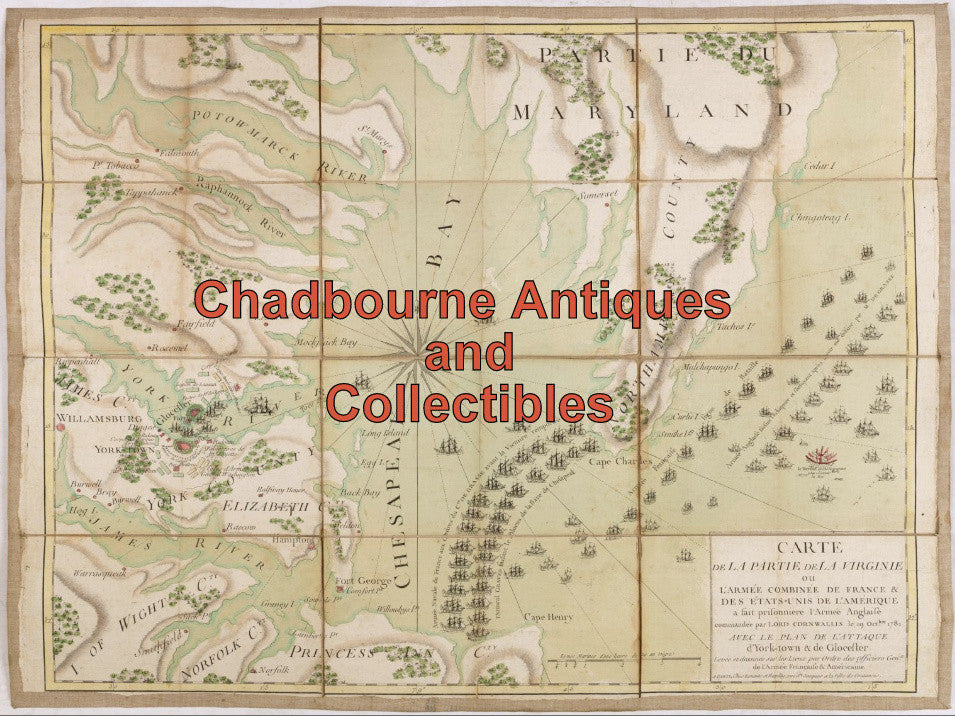$190.00 CAD
| /
Share certificate for one share at 10¢.
Paper creases. Paper aged. Brown spot right side.
6-1/2 x 3-7/8”
In less than thirty years after the first missionaries landed in Hawaii, the Hawaiians began to feel that as God had done so much for them they should try to tell other groups about Him. As this missionary spirit grew in the Hawaiian churches, as it was bound to do, since there can be no true Christianity without it in view of Christ's spirit and teaching, the Hawaiian Missionary Society was formed, and met,— and money became available. This led the missionary fathers to the idea of exploring the islands to the west for the purpose of new mission work in Micronesia in partnership with the American Board.
In 1853 a mission south to the Marquesas Islands had been started, at the request of a chief who had come up in a whaleship to ask for it from the Hawaiians. In carrying it on, it had been necessary to charter small and uncomfortable vessels at high prices to take out missionaries with their supplies and to send mail and delegates annually to encourage and look after them.
In 1856 Dr. Lowell Smith reported on his return from a visit to the Marquesas, "I found our friends all in their usual health, cheerful and happy in their work; but they had been obliged, for several months, to look a little too much on the 'shady side.' Brother Bicknell (an English mechanic) had sold his handsaws, plane irons, chisels, hatchets and adze, and one or two razors in exchange for food. And the native (Hawaiian) missionaries had parted with most of their knives and forks and spoons for the same purpose. They said they would soon have been obliged to part with their clothes if their supplies had not come to hand." If only they had their own missionary packet!
The children of England had built the mission ship "John Williams." It was worth considering. Titus Coan proposed that the American Board be asked to invite the children of the United States to take ten cent shares of joint ownership in such a missionary vessel, to be called "Day Star," and he was instructed to write the proposal to Boston. The proposal was favored, with but one change; the name to be "Morning Star."
The appeal was made in August, 1856. Actual shares in a vessel going among distant islands on Christian errands speedily became very popular in many states. And in one Hawaiian Sunday School the children took about 300 shares.
The money sought, and extra for maintenance, was raised, and the "Morning Star" was built in three months at Chelsea, adjoining Boston. She was a hermaphrodite brig (square-rigged foremast and fore-and-aft mainmast), of only 156 tons. She was launched Nov. 12, 1856, and cost $18,351. Manned and provided, she sailed from Boston on Dec. 2, 1856, under Capt. Samuel G. Moore, with the prayers and wishes of a multitude, and the old song "Waft, waft, ye winds His story."
http://www.trussel.com/kir/mstar.htm
